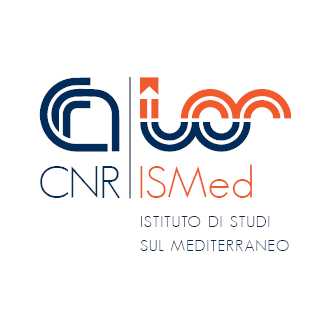Health economics, organisation and management of medical companies
Coordinator: Giovanni Canitano
Abstract
The COVID-19 pandemic has shown how healthcare systems in the Mediterranean region are inadequately prepared to handle this type of emergency. The importance of reorganising national healthcare systems so that they become robust, efficient and interconnected and able to respond adequately to the challenges of the future is now evident. In this regard, there seems to be a consolidated global awareness of the indispensability of the opportunities offered by technology to innovate the provision of health services by improving their levels of effectiveness and efficiency.
This research is intended to be part of the ongoing debate on the need to rethink the strategic priorities of the health systems of the Mediterranean countries, and of the Italian one in particular, and the opportunities to innovate the organisation and management of the ecosystem of health services in order to guarantee the promotion and protection of citizens’ health.
Goals
The research activities in this line will be mainly empirical in nature and will focus on health economics and health policy evaluation, with numerous interconnections to topics in regional economics, public finance, political economy and microeconomics.
A very important research topic will be the evaluation of the productivity and efficiency of health services, with a focus on the impact of technology diffusion and the productivity of medical personnel on health.
An attempt will then be made to produce and transfer scientific knowledge on the functioning of health organisations and health systems in the Mediterranean regions by carrying out theoretical studies and empirical investigations, both of a qualitative and quantitative nature, including through the use of simulative methods involving the construction of agent-based models to reproduce the main mechanisms of the functioning of health systems (national and regional). In the various analyses, a bottom-up analysis perspective will be favoured in order to grasp the specificities of the different territorial realities.
Activities
The activities carried out by the research group in this area are diverse.
They start from the collection and processing of the main socio-economic data concerning Italy and the countries of the Mediterranean basin, to the construction of health-related databases using primary and secondary statistical sources.
Further activities, in collaboration with public and private research institutions, focus on the organisational impacts of the adoption of new technologies for health and on business models in the health sector and effects on patient service performance; on the innovation of service models in health care, in particular, in the methods of access and taking charge of and in the processes of diagnosis and treatment of patients; on the analysis of the social and health care sector for the elderly and the chronic population (who need long-term care).
A specific sub-project is concerned with the collection, study and theoretical analysis of policy and health management orientations at the international, national and regional level with regard to the humanisation of health, in order to define what has happened, especially in the current situation characterised by the Covid 19 health emergency.
Topics
Some of the fundamental issues in the research line are listed below:
- Socio-anthropological, psychological, environmental, cultural and economic determinants that directly or indirectly affect the very state of health of the individual and the community.
- Humanisation of health and care. New integrated organisational scenarios and intervention design models “between tradition and innovation”.
- Studies on the innovation of service models in healthcare.
- Health information systems and possible integrations between these and other territorial information systems.
- Relationship between healthcare company policies and socio-environmental sustainability.
Main collaborations
As well as benefiting from interactions with other CNR institutes, research relies on a number of collaborations that include national, public and private scientific institutions and public administrations.
These include:
- Tor Vergata University
- University of Federico II
- University of Bologna
- University of Naples Parthenope
- Kiranet S.r.l.
- ASL Napoli 1
- ASL Naples 2 North
Main products
- Technical reports and dissemination products on CNR Edizioni;
- Scientific databases, prototypes and patents;
- Participation in regional governance boards;
- Agreements and collaborations with universities, research centres, public and private partners;
- Publications in scientific journals and chapters in books.
Last update
19 March 2024, 16:03

 CNR – ISMed
CNR – ISMed